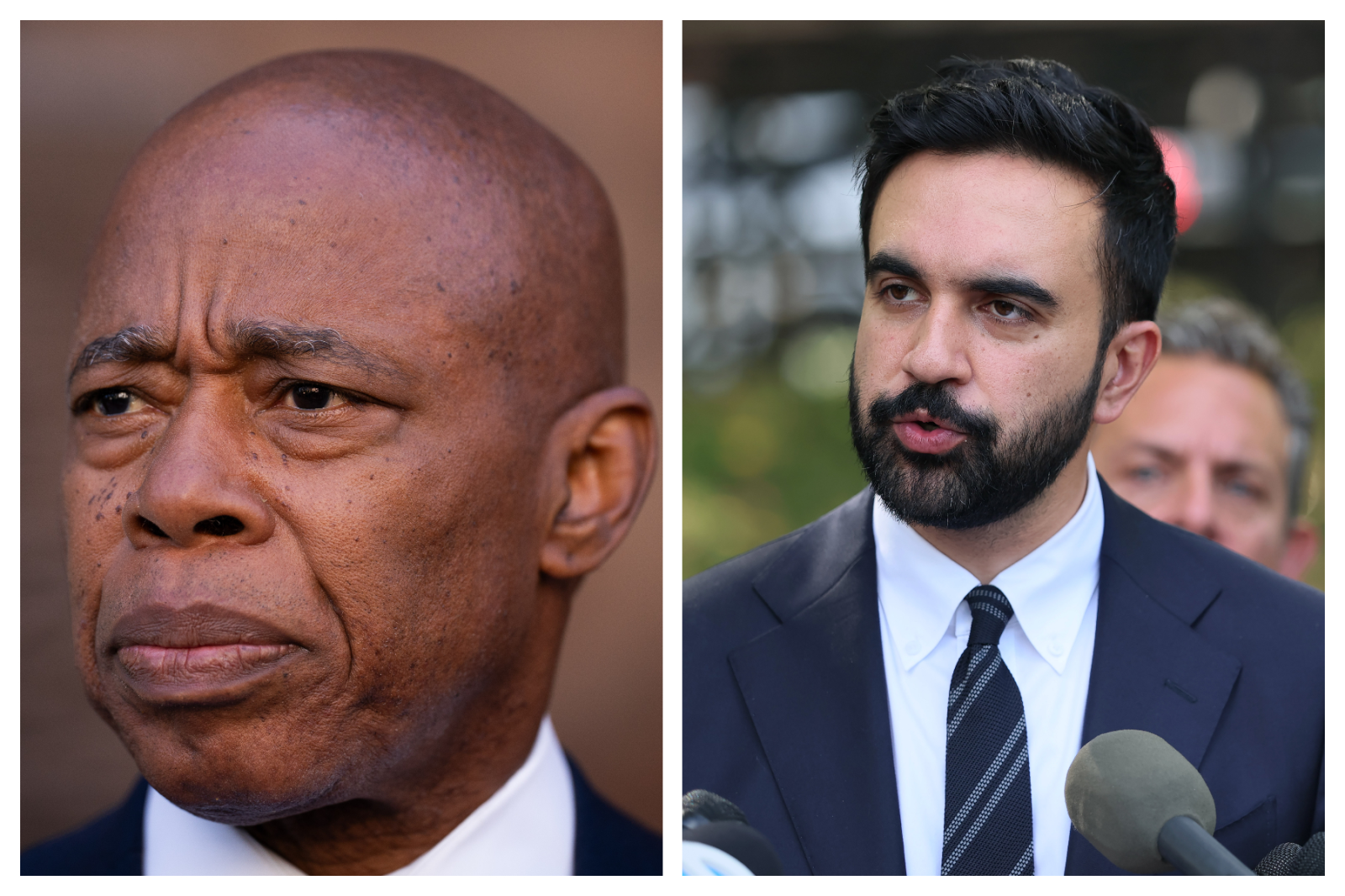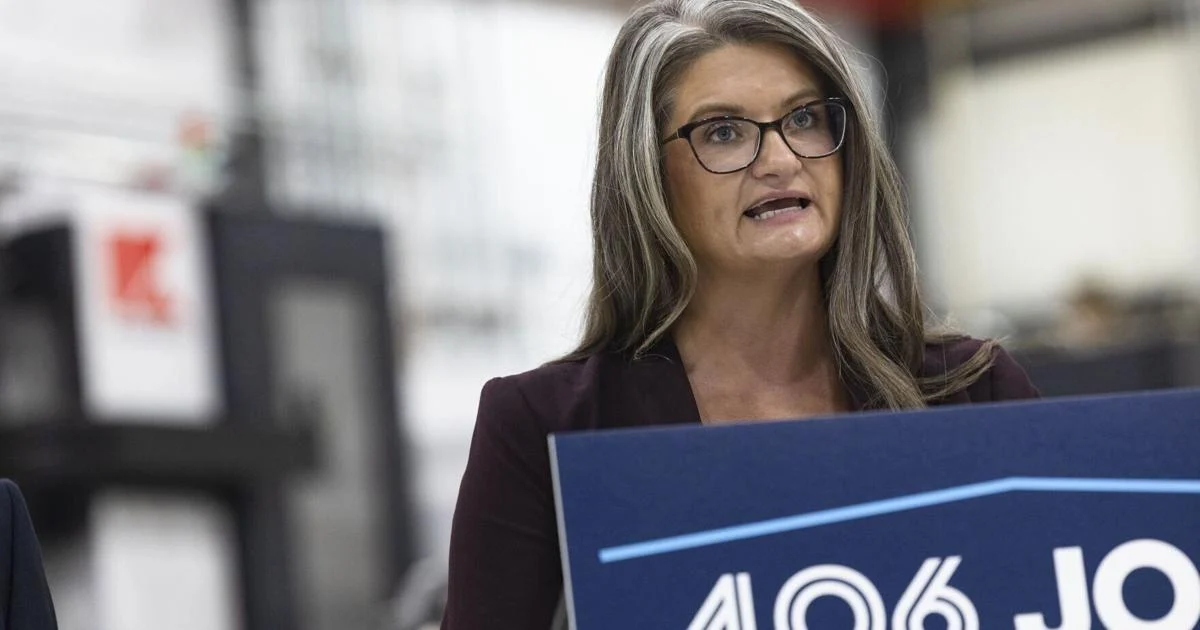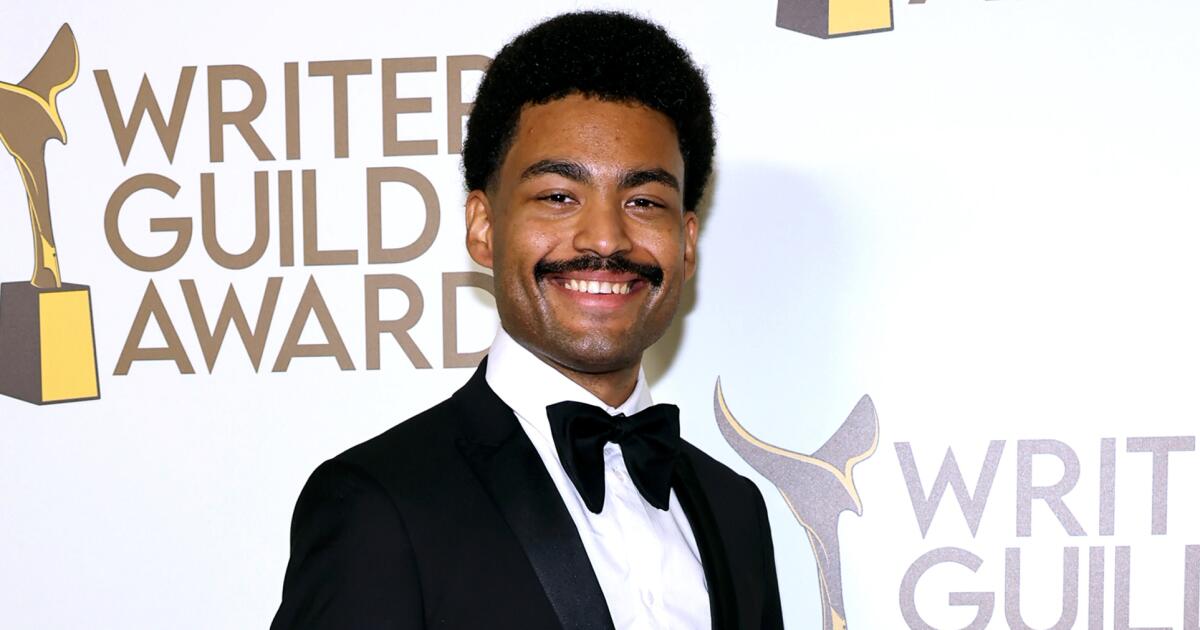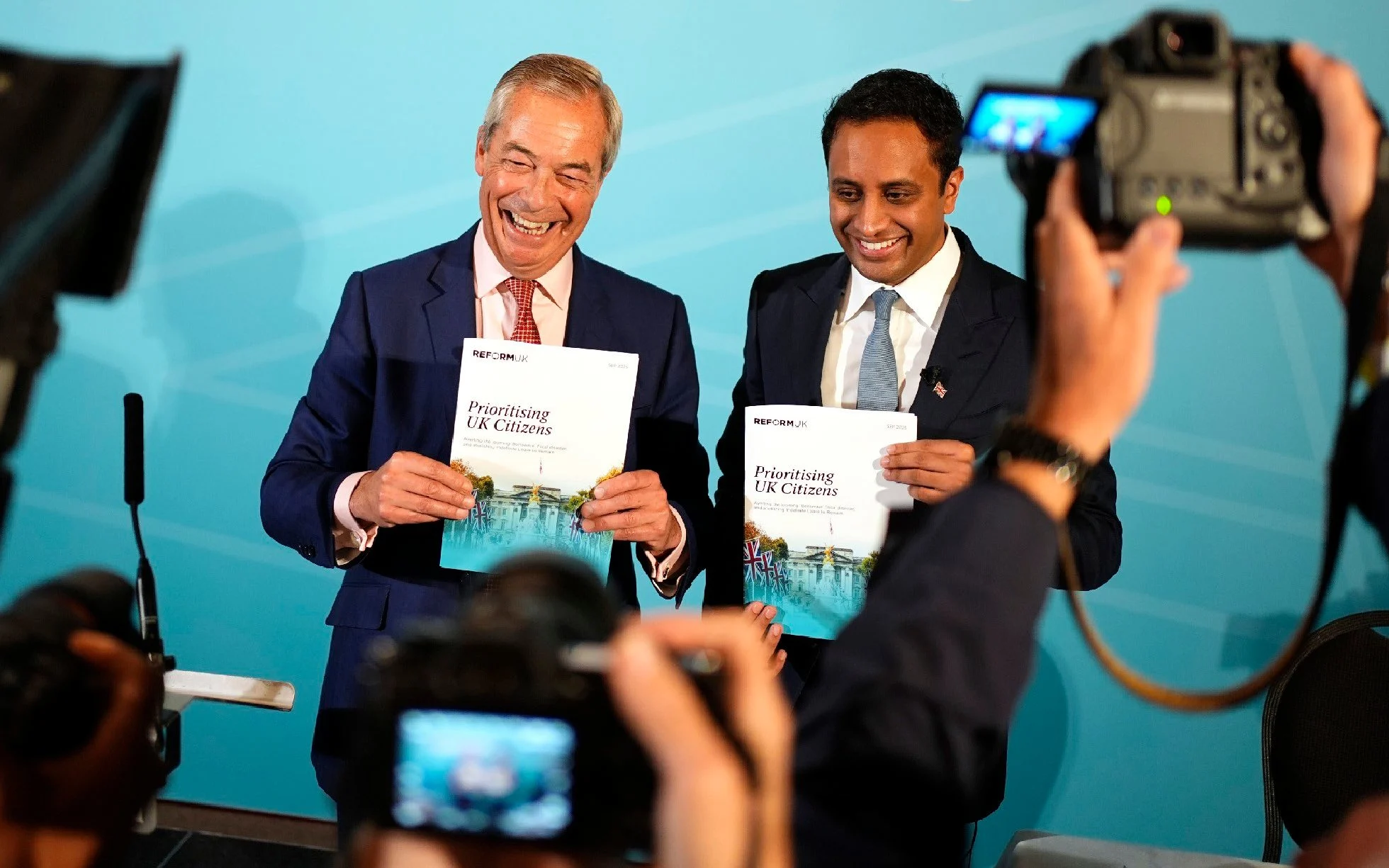By Kate Plummer
Copyright newsweek

New York City Mayor Eric Adam’s decision to drop out of the upcoming mayoral race might reduce Zohran Mamdani‘s lead in the election, though he is still likely to win by a large margin, according to polls.
According to a series of polls conducted before Adams pulled out, the Queens assemblymember’s net lead in the race is predicted to become slightly smaller if the mayor’s supporters reallocate their votes to other candidates.
Newsweek has contacted Mamdani’s team by email to comment on this story.
Why It Matters
On Sunday, Adams announced via a social media video that he has dropped out of the mayoral race because of “constant media speculation about my future” and the “campaign finance board’s decision to withhold millions of dollars,” which he said “undermined” his ability to raise “the funds needed for a serious campaign.”
In the wake of this decision, his supporters will have to decide who to back instead, affecting the outcome of the election.
If Mamdani, a democratic socialist, wins the race, there will be a profound shift in city politics and policy priorities on critical issues for New Yorkers, from affordability and crime to the city’s relationship with President Donald Trump and the national Democratic Party.
New York City Mayor Eric Adams, left, and mayoral candidate Zohran Mamdani, right.
What To Know
A series of polls have indicated that Adams dropping out would mean Mamdani’s main rival, former New York Governor Andrew Cuomo would absorb voters who would have favored the mayor, though not enough to stop Mamdani’s success.
One September 16 poll by Marist University, conducted two weeks before Adams dropped out of the race, found that if the NYC mayor did remove himself from the contest, then Mamdani would receive 46 percent of likely voter’s support while Cuomo would receive 30 percent. With Adams in the race, Mamdani was expected to garner 45 percent of the vote share to the former governor’s 24 percent meaning his polling lead will likely decline from 21 percentage points to 16.
Similarly, a Quinnipiac University Poll, released on September 10, found that 45 percent of likely voters said they would support Mamdani while 23 percent said they would support Cuomo. It found that if Adams exited the race Mamdani’s proportion would increase slightly to 46 percent but Cuomo’s would too to 30 percent, making his lead decline from 22 percentage points to 16.
Adams leaving the race comes after his popularity had declined. The mayor had broken with Democrats to run as an independent amid controversies, including a federal corruption case accusing him of accepting illicit campaign contributions from Turkish officials in exchange for political favors. However, a federal judge dismissed this case in April.
Another CBS News poll conducted by YouGov and released on September 15 found that Mamdani was leading in the polls with 43 percent of the vote share to Cuomo’s 28 percent. If Adams voters reallocated their votes to their second choice, the poll found that Mamdani would receive 44 percent of the vote share and Cuomo would receive 30 percent.
An Emerson College poll for PIX11 and The Hill had a 43 percent to 28 percent margin with Adams in the race, but had Mamdani at 47 percent to Cuomo’s 40 percent if the mayor dropped out.
Meanwhile, according to online prediction platform Polymarket, where users can bet on world events, Mamdani has an 84.9 percent chance of winning the election while Cuomo’s chances are 14 percent. Polymarket statistics have remained broadly consistent in the last week.
What People Are Saying
Scott Lucas, who teaches international politics at University College Dublin told Newsweek: “Adams wasn’t polling that strongly in the race so I don’t see it as much as which way his voters go unless it is an extremely tight contest. I think the focus goes back to how effective are the two other candidates in the remaining weeks of the campaign.”
In his video statement Mayor Eric Adams said: “Although this is the end of my reelection campaign, it is not the end of my public service. I will continue to fight for this city, as I have for 40 years, since the day I joined the NYPD to make our streets safer and our systems fairer.”
New York Governor Kathy Hochul said in a Sunday statement on X: “For the last four years I’ve been proud to work with Mayor Adams to make New York City safer, stronger, and more affordable…We have connected more New Yorkers to mental health services and supportive housing…He leaves New York City better than he inherited it and that will always be central to his legacy as mayor.”
What Happens Next
The mayoral election will take place on November 4. Adams will serve the remainder of his term in office, which ends on December 31.



